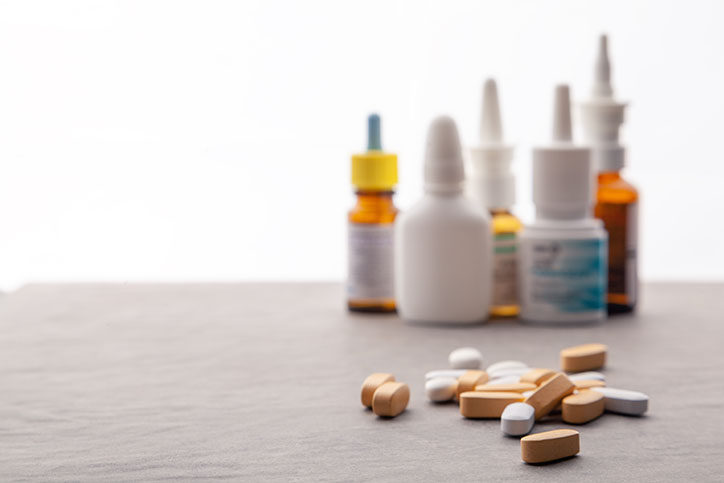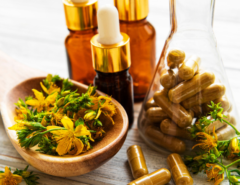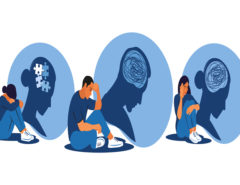Antihistamines are a type of medicine commonly used to treat allergies. These include seasonal allergies, year-round indoor and outdoor allergies, and food allergies. Antihistamines are also found in some cough and cold, motion sickness, and sleep aid products. They come in different forms such as pills, liquids, and nasal sprays. Some products can be purchased over-the-counter (OTC), while others need a prescription from a health care provider. Antihistamines were involved in approximately 1,200 cases at the Maryland Poison Center (MPC) in 2020. Let’s dive deeper into antihistamines and how to safely use them.
First Generation vs Second Generation
There are two generations of antihistamines. The first is the original type that became available in the US in the 1930s. The second generation became available in the 1980s. Both generations are still being made and used today.
First-generation products are known to cause more side effects than second-generation products, including:
- Drowsiness
- Increased heart rate
- increased blood pressure
Common first-generation products include Dramamine (dimenhydrinate), Benadryl (diphenhydramine), Nyquil (doxylamine), and others. Common second-generation products include Claritin (loratadine), Zyrtec (cetirizine), Allegra (fexofenadine), and others.
Safe Use
Always read the label before taking an antihistamine. It will say how much to take and how often to take it. Taking more than the directed amount will not make you feel better faster. Different products may have different time intervals between doses. For example, some first-generation products are directed to be used every 6-12 hours while some second-generation products are directed to be used only once per day.
If you are taking prescription medicines, it is best to ask your health care provider before taking an antihistamine. They can interact with the other medicines that you take.
First-generation products causing drowsiness can affect your ability to drive or operate machinery safely. There may be additional warnings and recommendations for use on the product label.
Ask your health care provider before using more than one antihistamine product at a time. Taking more than one product may cause you to take too much of one active ingredient. There are times when more than one antihistamine may be needed. Under the direction of a health care provider, this can be done safely. Otherwise, this can be dangerous and cause unwanted side effects.
Safe Storage
As with all medicines, antihistamines should always be stored up, away, and out of sight. Leaving medicines on the counter or bedside table between doses may be convenient, but it is dangerous. Ensure the caps on all products are screwed on tightly. Even if a product is in child-resistant packaging, given enough time, a child may be able to open it.
MPC Data
Antihistamines were the fourth most common human exposure substance in older children aged 6-19 years old in cases reported to the MPC in 2019 and 2020. These exposures were commonly unintentional. As children get older, they may make a dosing error because they think that taking more than the recommended dose will make them feel better faster. Always be sure to talk to your child about the importance of reading and following directions on a medicine label. Antihistamines were the fifth most common human exposure substance in children younger than six in cases reported to the MPC in 2019. These exposures were unintentional. Antihistamines are found in most homes and sometimes not stored safely. Most common antihistamine exposures involved diphenhydramine, loratadine, and cetirizine.
Call your local poison center to speak with a poison expert if you think antihistamines were taken in the wrong amount or by the wrong person. Do not wait for symptoms to call. Poison specialists can be reached 24 hours a day, seven days a week at 1-800-222-1222.





Leave a Reply